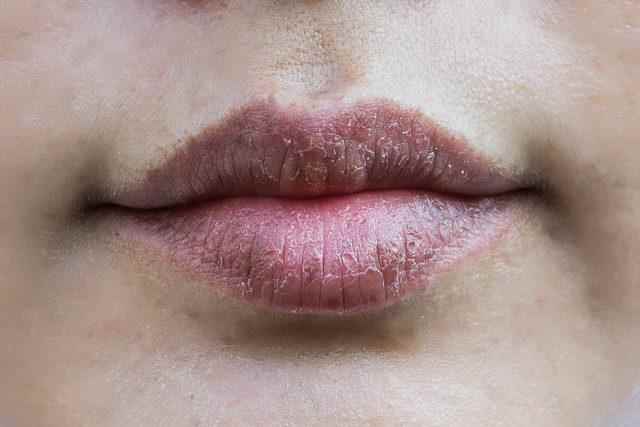Dry mouth refers to a condition in which the salivary glands cannot produce enough saliva to keep the mouth moist. By neutralizing the acids produced by bacteria, saliva limits bacterial growth and helps prevent tooth decay.
Saliva also improves taste and facilitates chewing and swallowing. In addition, enzymes in saliva aid digestion. Decreased saliva and the resulting dry mouth will have a huge impact on tooth and gum health, appetite and enjoyment of food.
Dry mouth often occurs as a side effect of certain medications, aging-related problems, or as a result of cancer treatments. Associate Professor from the Department of Gastroenterology at Memorial Kayseri Hospital. Dr. Mustafa Kaplan gave information about dry mouth and its causes.
ATTENTION TO THESE SYMPTOMS!
- Not producing enough saliva in the mouth can cause the following symptoms:
- Dry or sticky feeling in the mouth.
- Don’t be thirsty often.
- A tingling sensation in the tongue.
- Enlargement of the salivary glands.
- Saliva that appears thick and fibrous.
- Bad breath.
- Difficulty chewing, speaking and swallowing.
- Sore throat and hoarseness.
- Dry or grooved tongue.
- An altered sense of taste.
- Prosthetic fitting problems.
THESE PROBLEMS MAY CAUSE DRY MOUTH
Medicines: Some drugs used in the treatment of depression, high blood pressure and anxiety, as well as antihistamines, decongestants, muscle relaxants and pain relievers can cause dry mouth.

Aging: Many people experience dry mouth as they age. Contributing factors include the use of certain drugs, changes in the body’s ability to process drugs, malnutrition, and long-term health problems.
Cancer treatment: Chemotherapy drugs can change the structure of saliva and the amount produced. Radiation or radiation treatments applied to the head and neck can damage the salivary glands, resulting in a marked reduction in saliva production.
Nerve damage: An injury or surgery that causes nerve damage in the head and neck area can cause dry mouth.
Other health conditions: Diabetes-diabetes, stroke, fungal infection in the mouth (thrush) or autoimmune diseases such as Alzheimer’s disease, Sjögren’s syndrome or HIV/AIDS can cause dry mouth. Diseases such as kidney failure, thyroid diseases, anemia, and tuberculosis are also the cause of dry mouth.
Nasal congestion: Mouth breathing, snoring, and dry room air can also contribute to dry mouth.
Tobacco and alcohol use: Drinking alcohol and smoking or chewing tobacco can increase complaints of dry mouth.
Drug use: Methamphetamine use causes severe dry mouth and a dental condition known as “meth mouth”. Marijuana can also cause dry mouth.
IMPORTANT RECOMMENDATIONS FOR DRY MOUTH
Determination of treatment should be based on the cause of dry mouth. The specialist doctor or dentist can:
Drugs that cause dry mouth can be changed. If this is not possible, the dose may be reduced.
Products to moisten the mouth can be used (mouthwashes, artificial saliva or moisturizers). Mouthwashes designed for dry mouth, especially containing xylitol, also provide protection against tooth decay.
Medications that stimulate saliva can be used.
It is important to protect the teeth. Fluoride medications or weekly chlorhexidine can be used to prevent cavities.
